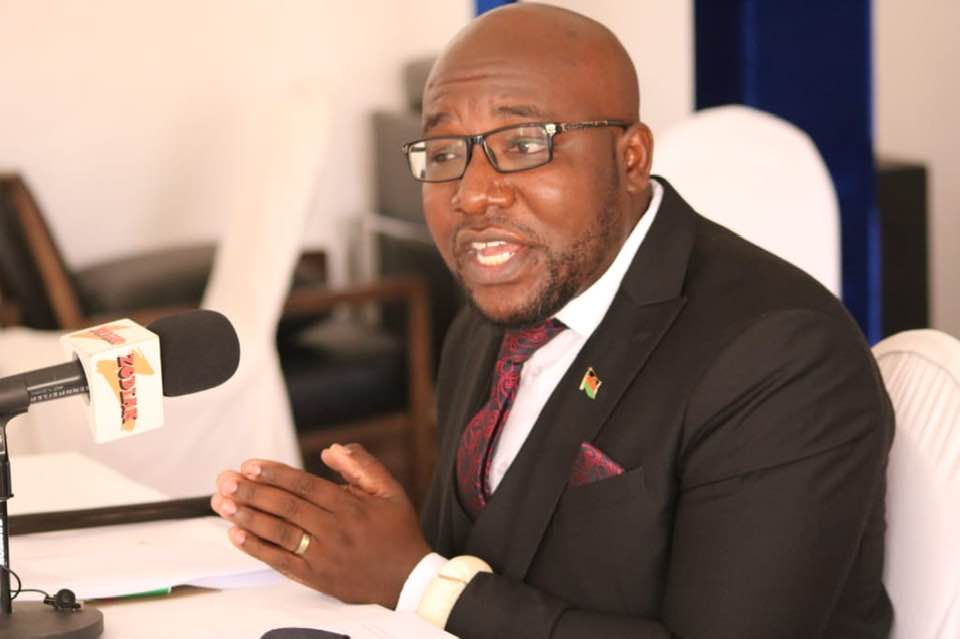Cost of borrowing goes up again
Malawians already struggling under a harsh economic environment should brace for more hard times as the Reserve Bank of Malawi (RBM) yesterday raised the benchmark policy rate by 400 basis points to 22 percent.
The hike of the policy rate, which is the key driver of interest rates on loans, will in turn compel commercial banks to raise their interest rates from the prevailing 17.3 percent, raising the price of loans even further.
In a statement of the Second Monetary Policy Committee (MPC) of 2023, RBM Governor Wilson Banda said the committee also decided to increase the liquidity reser ve requirement (LRR) ratio on domestic currency deposits by 200 basis points to 5.75 percent, but maintained the LRR ratio on foreign currency deposits. The Lombard rate has also been maintained at 3.75 percent and 20 basis points above the policy rate, respectively.

has fuelled inflation
“The MPC noted that the inflation outlook had worsened since the last MPC meeting, mainly due to unforeseen domestic shocks. In particular, the occurrence of Cyclone Freddy in southern Malawi and localised drought in northern Malawi had worsened the food supply prospects and strengthened adverse supply – side inflationary pressures,” reads the statement in part.
The central bank said the committee also noted that the need to rehabilitate the infrastructure damaged by Cyclone Freddy has adverse impact of amplif ying aggregate demand and fuelling inflation, requiring further tightening of monetary policy to dampen the demand effects.
During the meeting, RBM also raised the 2023 inflation projection to an average of 24.5 percent from an earlier projection of 18.2 percent, which means it is anticipating the prices of goods and services to continue rising at a faster rate.
In separate interviews yesterday, both Consumers Association of Malawi (Cama) and the National Working Group on Trade and Policy said the decision will worsen access to finance at a time when the cost of living remains elevated due to rising inflation .
Cama executive director John Kapito described the central bank’s decision as “very unfortunate”, observing that it will trigger a rise in products and services.
He said: “Right now, there is no hope for consumers. Already, we are complaining of high cost of living. The hike will raise challenges to produces and consumers as many Malawians use money borrowed from banks.
“For the middle class and the vulnerable, they will find it more difficult to access finance.”
Kapito further said he expected that during harvest, there would be a 27 percent, according to National Statistical Office. drop for inflation rate currently at National Working Group on Trade Policy chairperson Frederick Changaya said the decision to increase the policy is bad news for businesses, the economy and people of Malawi.
He said: “I for one believe it is not always right to tighten the policy stance even if the risk and probability of risk tells us so. I find that approach average.
“We need to examine the economy critically, identify tangent points from the circle of inflation. We should find ways of how we can prop up output, wages that avert the inflation while also avoiding stagflation.”
Changaya, who is also Applecore Grain & Milling managing director, said the normal reaction of central banks of tightening policy is like using inflation to avoid inflation in the future.
But Standard Bank Malawi plc chief executive Phillip Madinga observed that the decision reflects the policy direction most central banks are undertaking in the light of inflationary pressures, occasioned by spikes in commodity prices.
“Prices have not particularly eased since the post Russia- Ukraine conflict. The down risks are many in Malawi. Inflation will continue to exert pressure as post-harvest commodity losses manifest following damage by Cyclone Freddy,” he said.
In an interview yesterday, economist Bond Mtembezeka said the central bank should have pended the review until the next meeting.
“I say this based on the fact that we are in the harvesting period and the full extent of the food outlook will be only known in the next couple of months,” he said.





